Portable power station and LiFePO4: These days, both portable power stations and lithium iron batteries (LiFePO4) have become more and more popular for modern energy solutions. Although they are interconnected and frequently used together, they have different goals and perquisites as well. In this article, we will dive into some of the differences between a portable power station and lithium-ion batteries such as their features and understanding the usage, functionality, and some of their benefits.
What is the Portable Power Station?
A power station is an independent portable unit for the provision of electrical energy, used primarily in extreme and emergencies. These units come with multiple output interfaces - AC outlets, USB ports, and DC carport to power a set of electronic devices as well as home appliances. Portable power stations are required for adventure & emergency power backup and daily use by charging.
Characteristics of Portable Power Stations
Battery Capacity
The storage energy capacity defines the size of the battery and is measurable by watt-hours (Wh) in a portable power station. These vary in capacity from a couple of 100 Wh up to several thousand Wh supporting various power loads.
Multiple Output Ports
These are ready to go right out of the box and output can range from AC outlets (like your household appliances) to USB ports, which are everywhere these days, and DC carports, you know like in your car.
Inverter Technology
Pure sine wave inverters are used to convert the DC energy in the battery into a stable, smooth AC energy that is safe for sensitive electronics such as laptops and medical devices; this is a design element common to most portable power stations.
Rechargeable
These devices have multiple ways of recharging, via solar panels, wall outlets, and car cigarette lighters. This allows them to work in several situations.
Portability
Portable Power Stations, designed to be light and small, making them easy to carry and pack, are perfect for camping, travel, and outdoor events.
Uses of Portable Power Stations
Outdoor Activities
Portable power stations that provide reliable power to your lights, cooktop, and electronic devices which are good for your camping, hiking, or RV trips.
Emergency Backup Power
Portable power stations are an excellent resource during power outages, as they can allow refrigerators, medical devices, and various communication tools to operate as usual.
Remote Work and Travel
Portable power stations - A reliable juice-up for laptops, phones, and other digital work tools which are essential for remote workers and digital nomads to work on the go.
Events and Gatherings
They serve as an ample outdoor sound source for your celebrations as they can easily run any Portable PA system speakers or projector to host events.
Lithium Iron Batteries (LiFePO4) Explained
What is a Lithium Iron Battery
Lithium iron phosphate (LiFePO4) batteries are just a type of lithium-ion battery that uses lithium iron phosphate as its cathode material. These are batteries that offer high energy density, long cycle life, and superior safety features. LiFePO4 batteries are widely used in many devices, such as electric vehicles, spinners, toys, tools power backup, etc.
Lithium Iron Battery Characteristics
High Energy Density
The high energy density of LiFePO4 batteries enables them to store large amounts of energy in small and lightweight form factors. This makes them perfect for applications where space and weight are very important.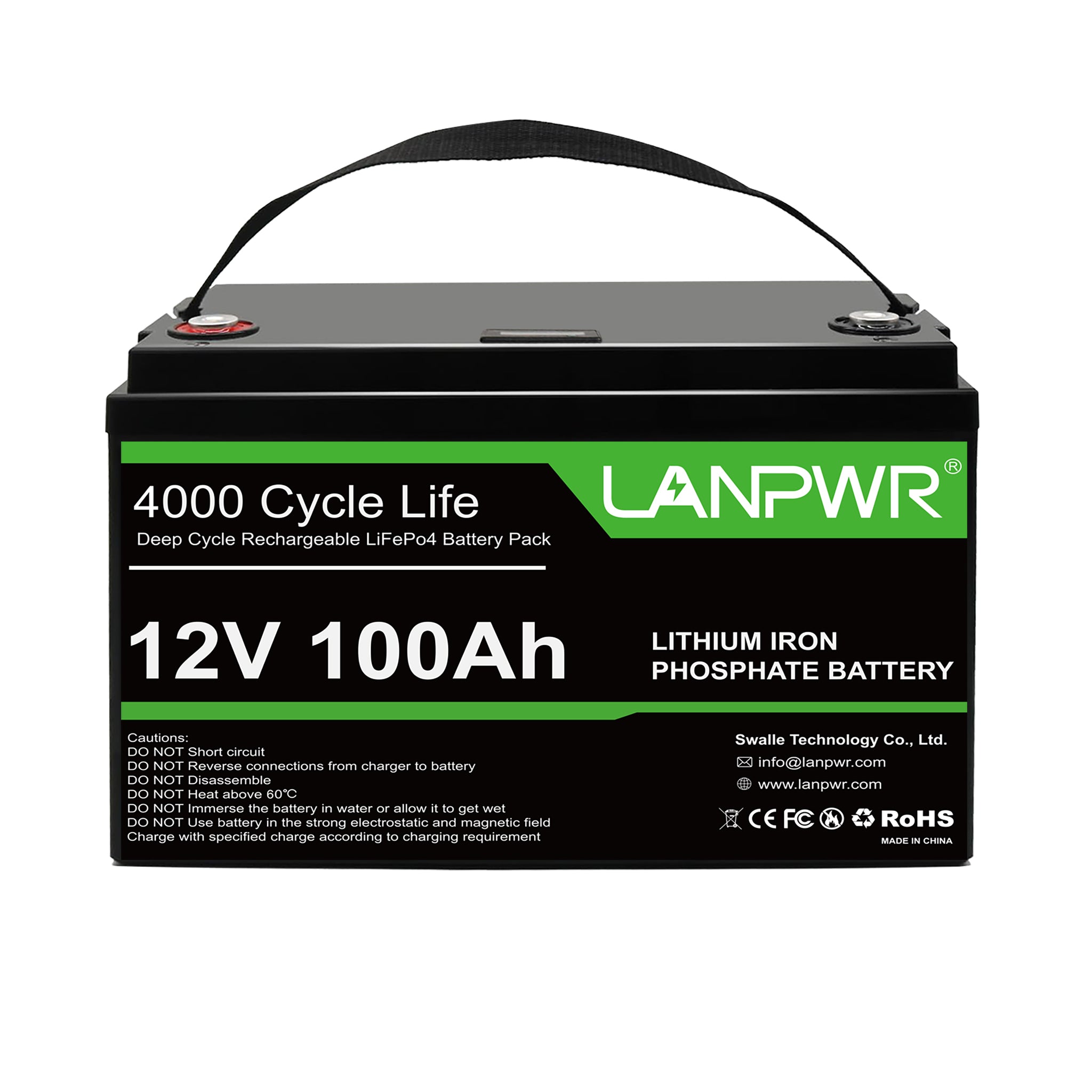
Long Cycle Life
They also live very much longer: their cycle life can be over 2,000 cycles (2,000 times a charge and discharge), often approaching 3,000, especially in 2S configurations. All this longevity equates to years and years of trouble-free service.
Safety
The batteries cannot deteriorate safety due to their stable state of charge due to the chemical composition and do not require changing. They also heat up slower and are less likely to get into a state of thermal runaway that results in fire or explosion.
Fast Charging
The batteries can be charged very rapidly without suffering significant degradation, and are targeted at applications that call for quick recharging.
Temperature Tolerance
Temperature increases and decreases from operation do not critically affect the performance and life.
Uses of Lithium Iron Batteries
Electric Vehicles (EVs)
LiFePO4 batteries as secondary lithium are famous for their high energy density, long cycle life, and chemical stability, which are widely used in e-cars, motorbikes, bikes, etc.
Renewable Energy Storage:
In the case of solar and wind energy storage systems batteries are used for storing energy in a time of peak production and discharging the stored energy in a time of extremely low production.
Portable Power Stations
Most if not all portable power stations use LiFePO4 batteries for their performance, safety, and lifespan.
Marine and RV Applications
In boats and recreational vehicles, LiFePO4 batteries are the best power source for all onboard systems and appliances.
Backup Power Systems
These batteries are integral to uninterruptible power supplies (UPS) and backup power systems and serve to provide backup power when the main supply fails.
A comparison of portable power stations and lithium-ion batteries
Function and Purpose
Portable Power Stations
A portable power station is a package unit that is capable of delivering power to different appliances and devices. They come in compact with inbuilt inverters, multiple output ports, and rechargeable modes making them an all-in-one power solution for many fields.
Lithium Iron Batteries
LiFePO4 batteries are power storage devices, that can be integrated into components in the power systems. They serve as the simple but large energy store for applications such as electric vehicles, renewable energy systems, and mobile energy providers.
Portability and Use Case
Portable Power Stations
They are very portable and easy-to-use devices. Perfect for on-the-go universal power that can be easily carried and deployed for camping, tailgating, outdoor events, and as an emergency backup.
Lithium Iron Batteries
LiFePO4 batteries are Lithium Iron Phosphate rechargeable batteries that are great for applications that require a rugged, robust, and long-lasting energy-dense battery. These are not plug-and-play devices but instead come with additional necessary components, such as inverters and charge controllers.
Integration and Flexibility
Portable Power Stations
These are all-in-one systems referred to as portable power stations. However, they provide more options for input ports to recharge and better options for output ports, which makes them the most versatile.
Lithium Iron Batteries
These batteries have broad applications but need their integration with other components. They are frequently employed as components in custom energy storage configurations that furnish the basic stand-alone energy storage for different end uses.
Cost and Investment
Portable Power Stations
As such only way to justify the cost of the portable power stations is the battery, inverter charge controller, and a few hours of case milledrtle or a minute. All-in-one solutions usually cost more upfront but are convenient.
Lithium Iron Batteries
While LiFePO4 batteries may be cheaper overall, in terms of per unit energy storage, with an entire portable power station, it can be costly. But, you also need to take into account costs for those other integration components and installation.
Longevity and Maintenance
Portable Power Stations
How long do Portable Power Stations LastPortable power stations have a shelf life, which is determined by the quality of the components used in such systems, the battery in particular. The long cycle life and low-maintenance requirements of LiFePO4 batteries are a perfect match for high-quality portable power stations.
Lithium Iron Batteries
Advantages In Cycle Life and Maintenance: LiFePO4 batteries are known for their long cycle life and minimum maintenance requirement. EnergyNest offers long-lasting and dependable energy storage which can be used in numerous applications.
Summary
Both portable power stations and lithium iron batteries are key components in many of today's energy storage solutions, but because they serve different needs and offer different benefits, they exist in their ways. A portable power station is an all-in-one plug-and-play system that is sleek, convenient, accessible, and perfect for camping, in the cusp of a blackout, and general everyday use. Batteries, and inverters with multiple output ports help them offer in one power power-packed solution.
In contrast, lithium iron batteries (LiFePO4) excel at safety, cycle life, and energy density, making them ideal for high-performance energy storage and are uncommonly powerful. They act as building blocks in various integrated energy systems, including electric vehicles, renewable energy storage, and backup power solutions. While they need other parts to work, the AtFAB systems are versatile and can withstand some wear and tear and tear - making them useful in an enclave of applications.
Learning more about what separates portable power stations from lithium-iron batteries will better help you decide which one is best for you. Whether you're looking for portable, all-in-one, or custom system power plant solutions, either configuration provides a flexible and effective way to meet your power management requirements.



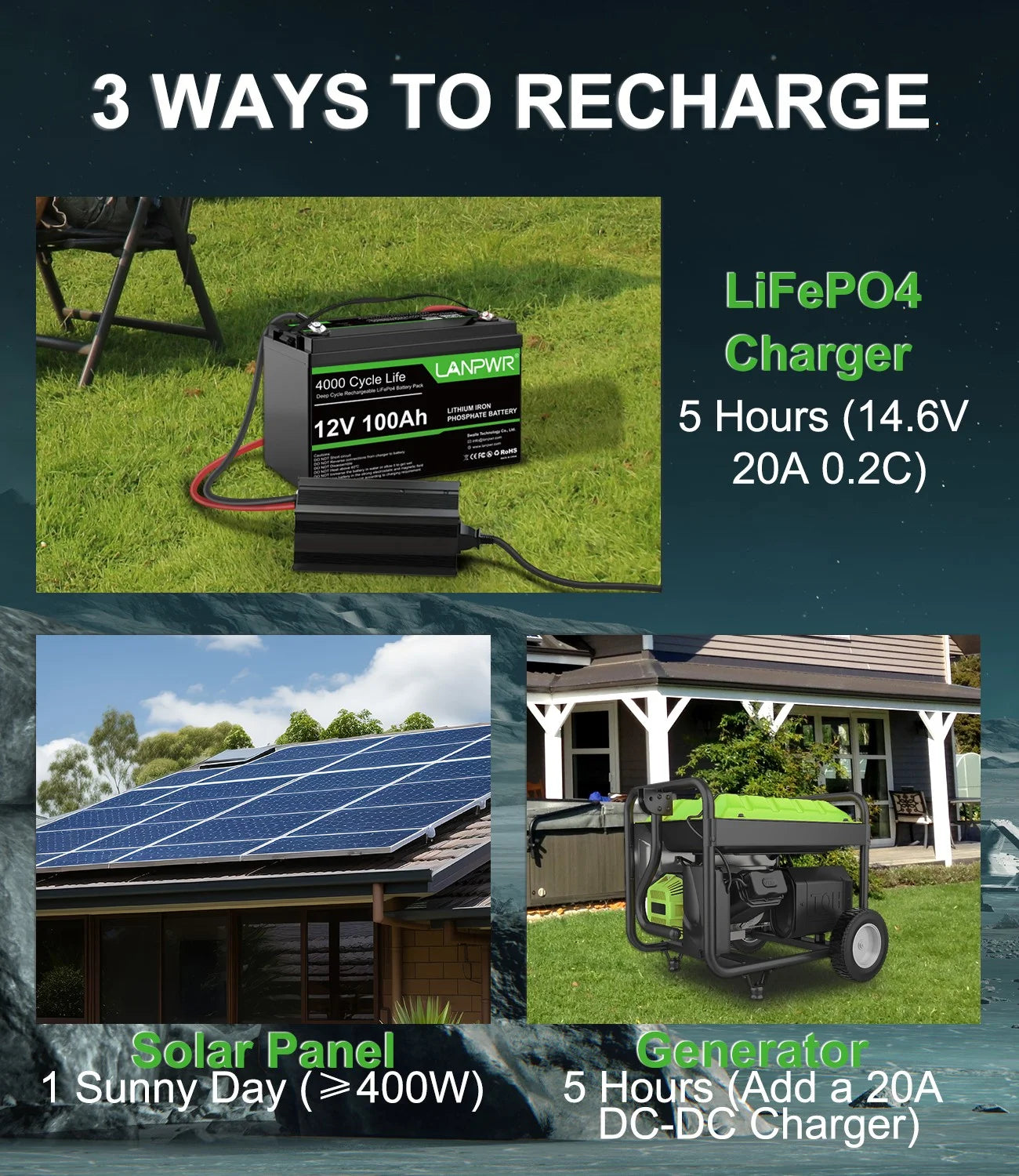

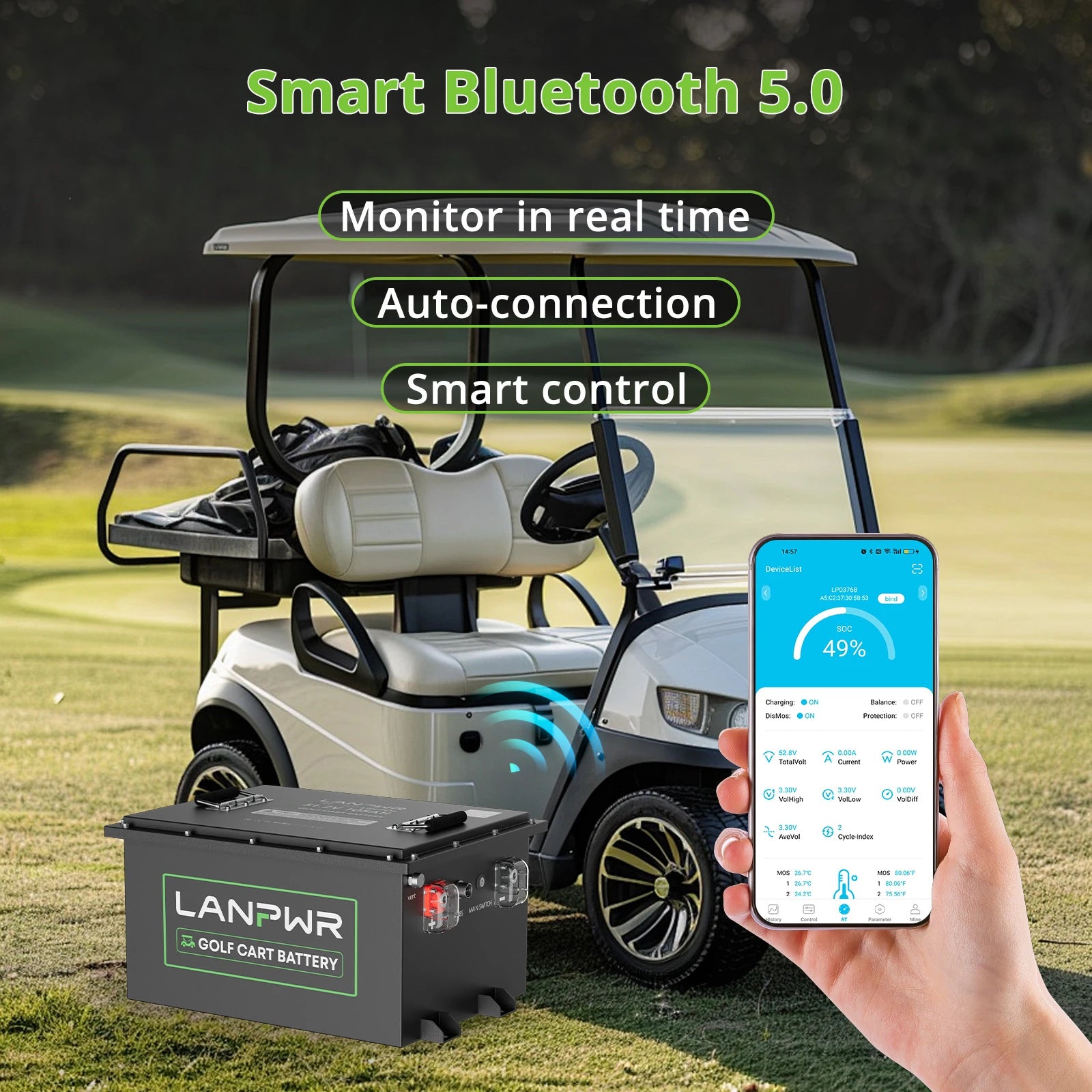
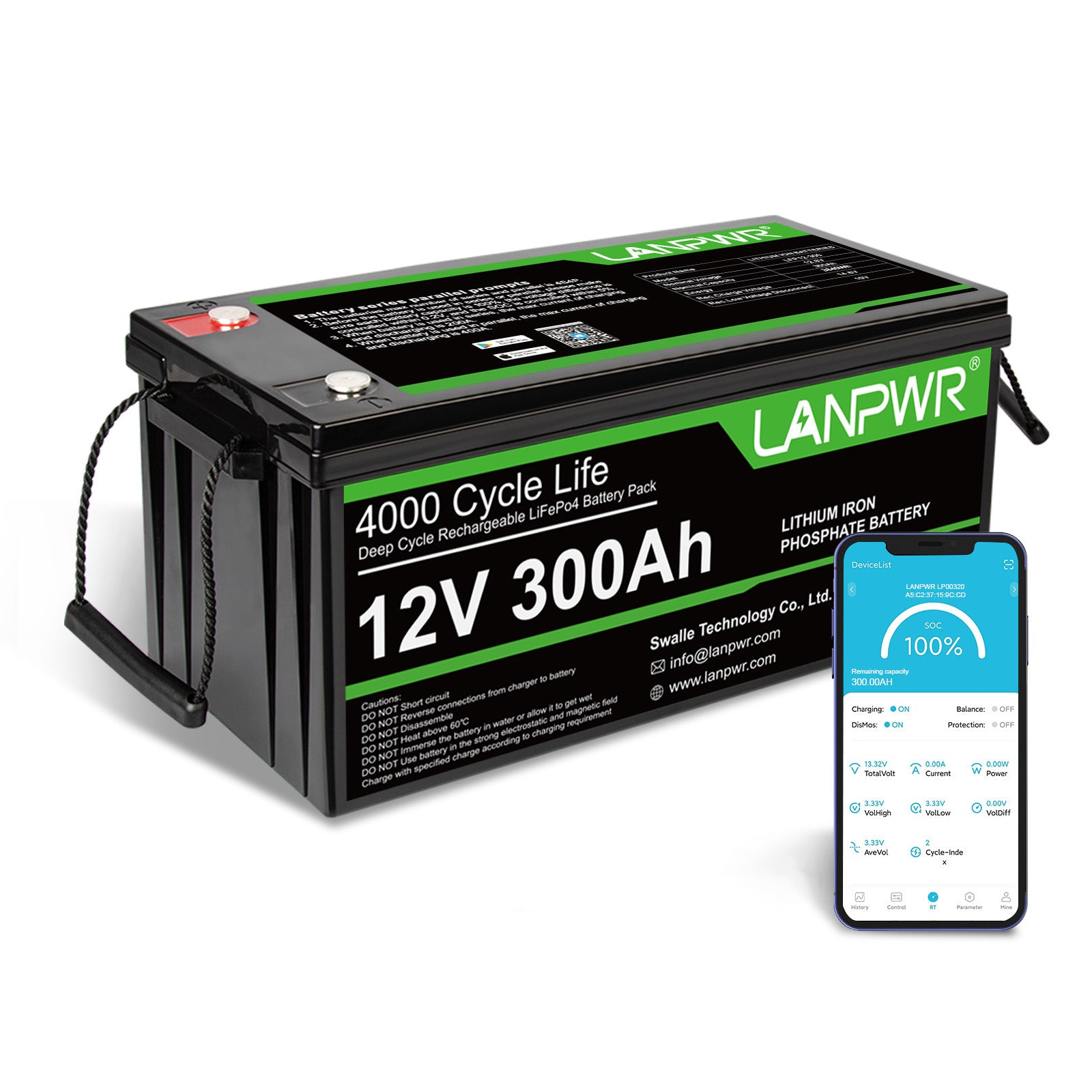
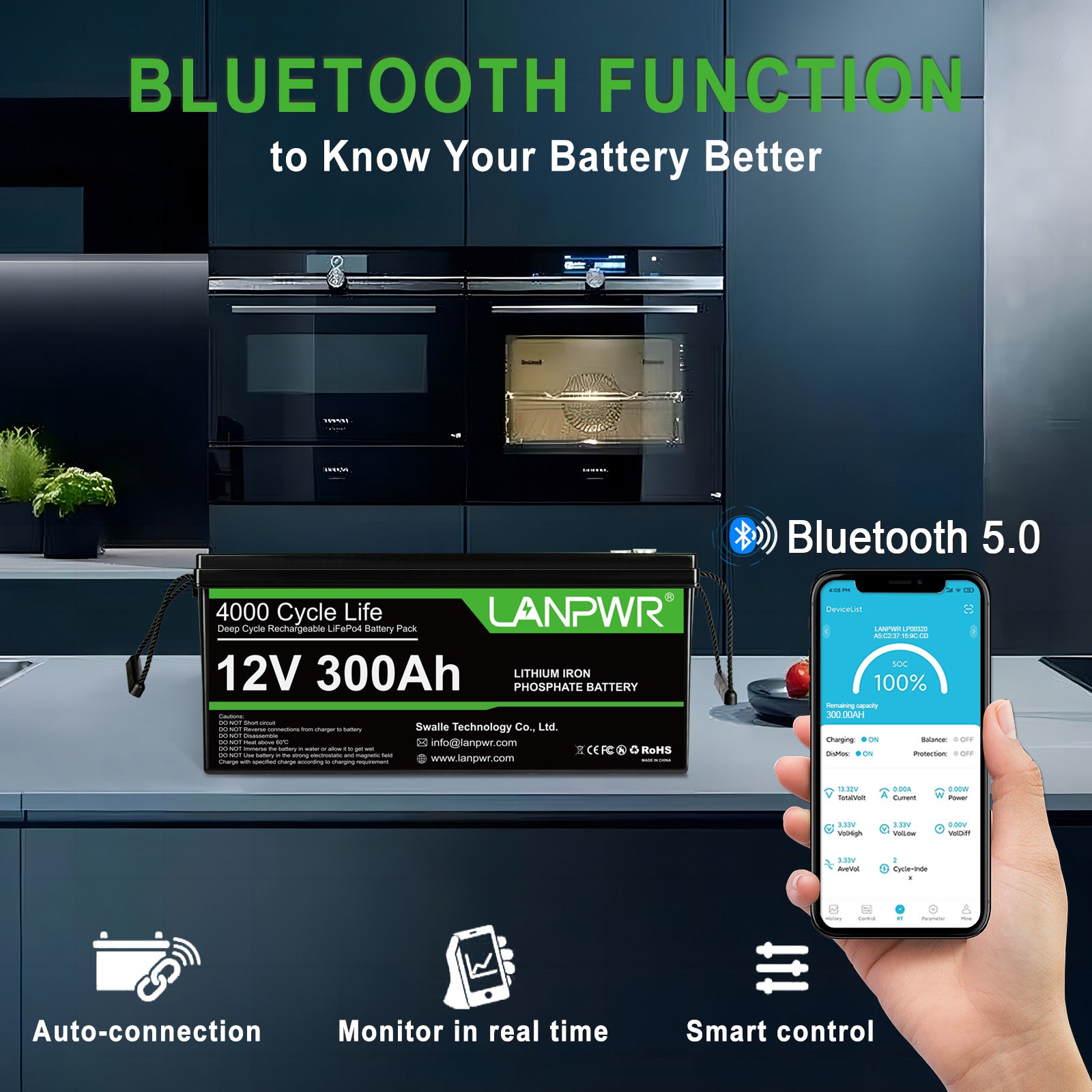
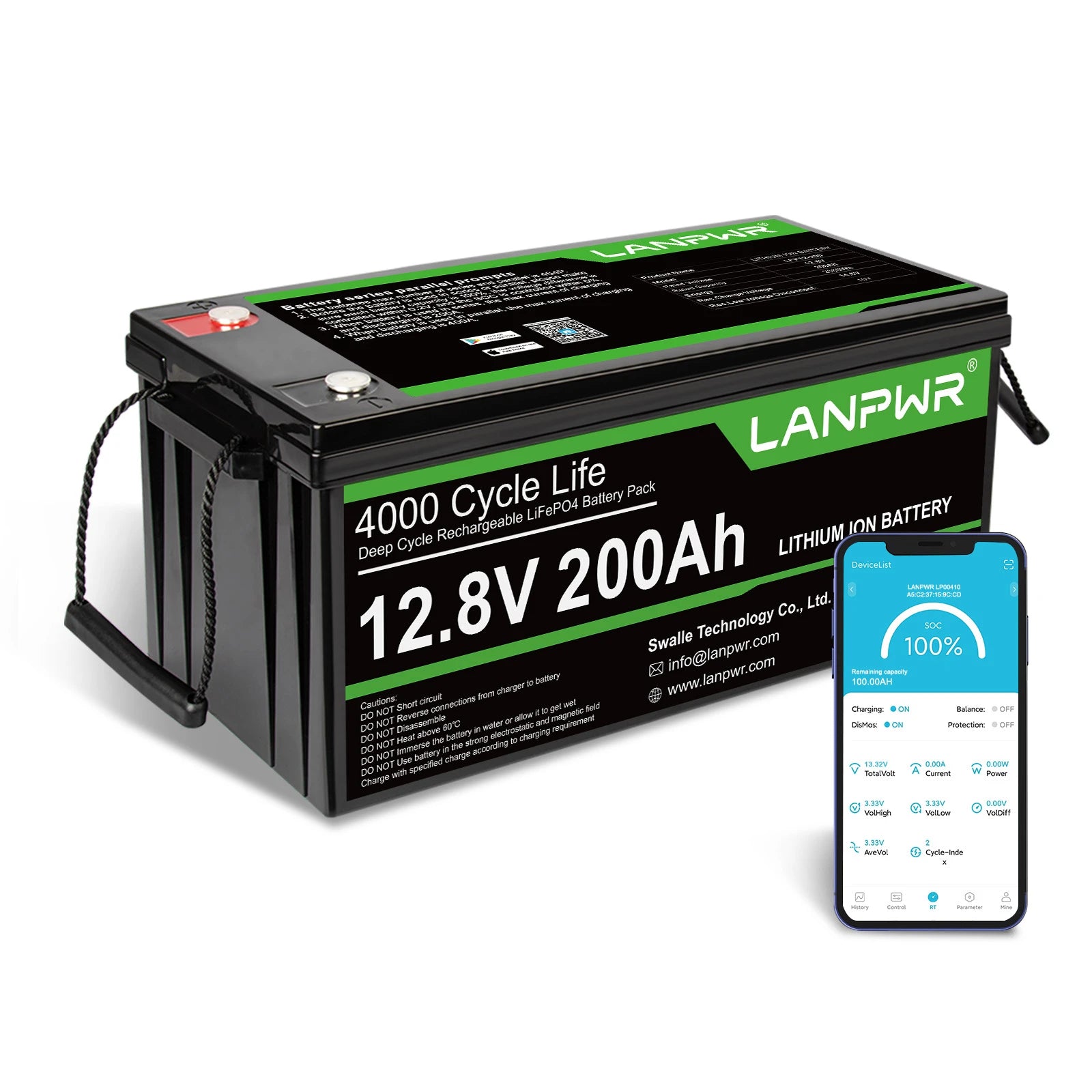
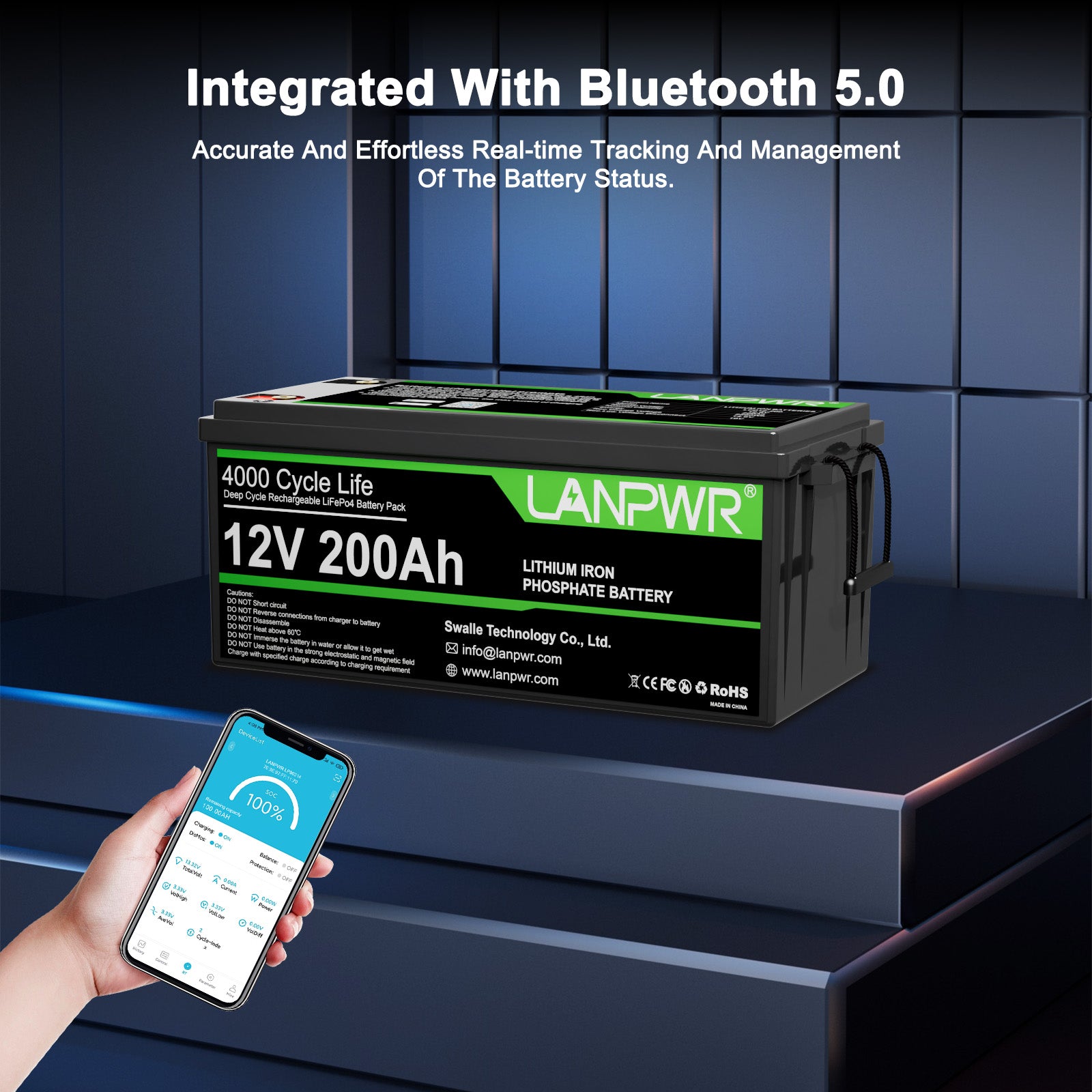
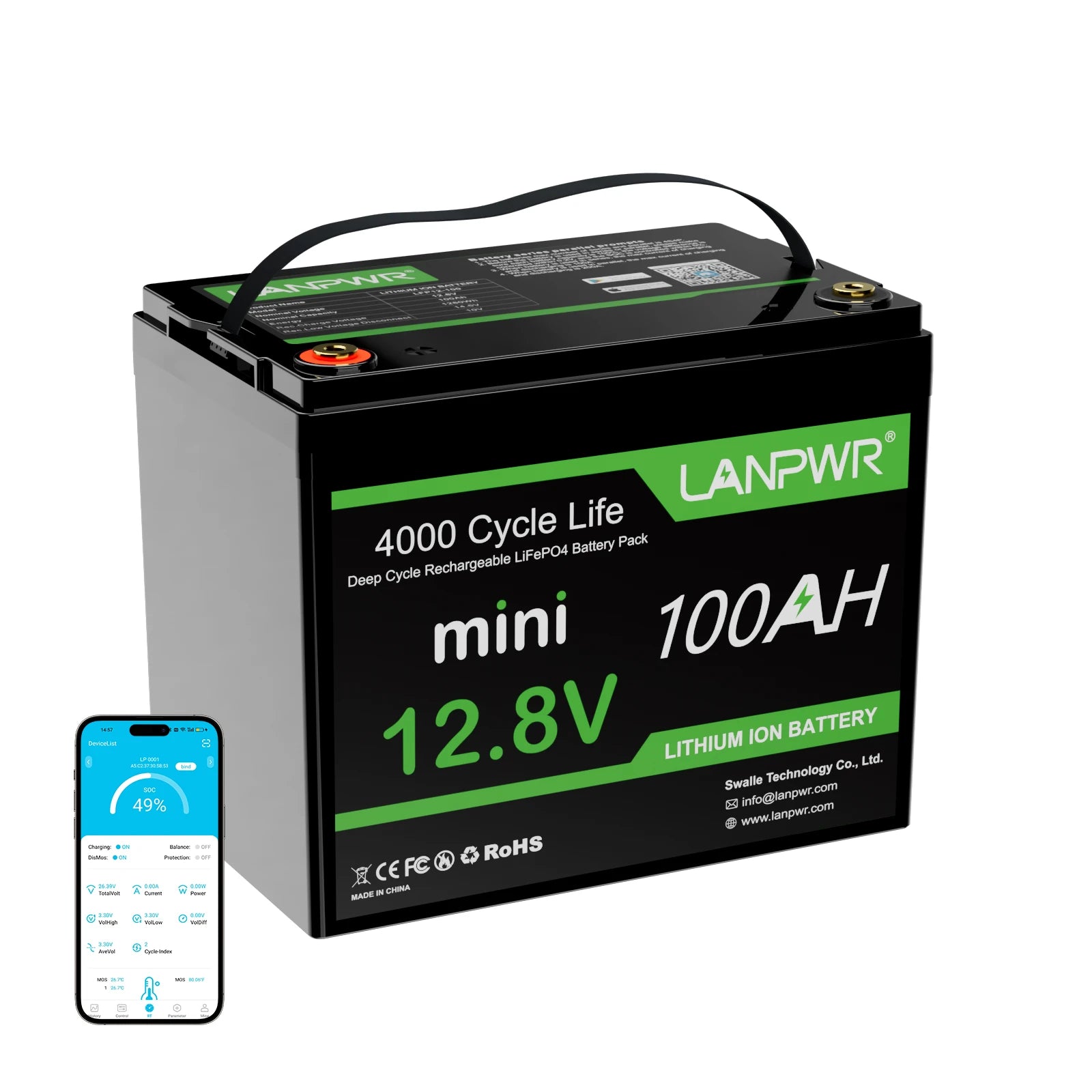

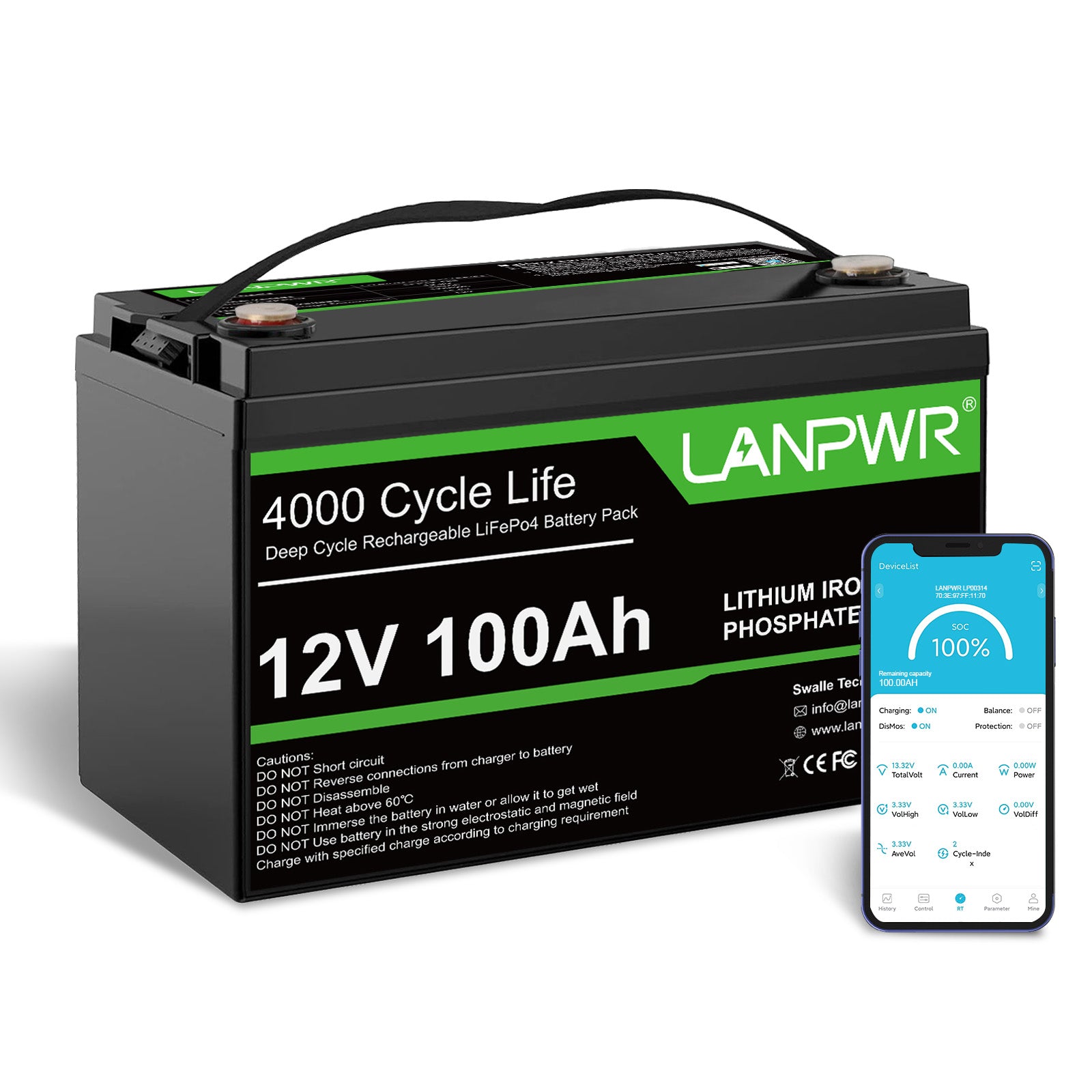

Leave a comment
This site is protected by hCaptcha and the hCaptcha Privacy Policy and Terms of Service apply.